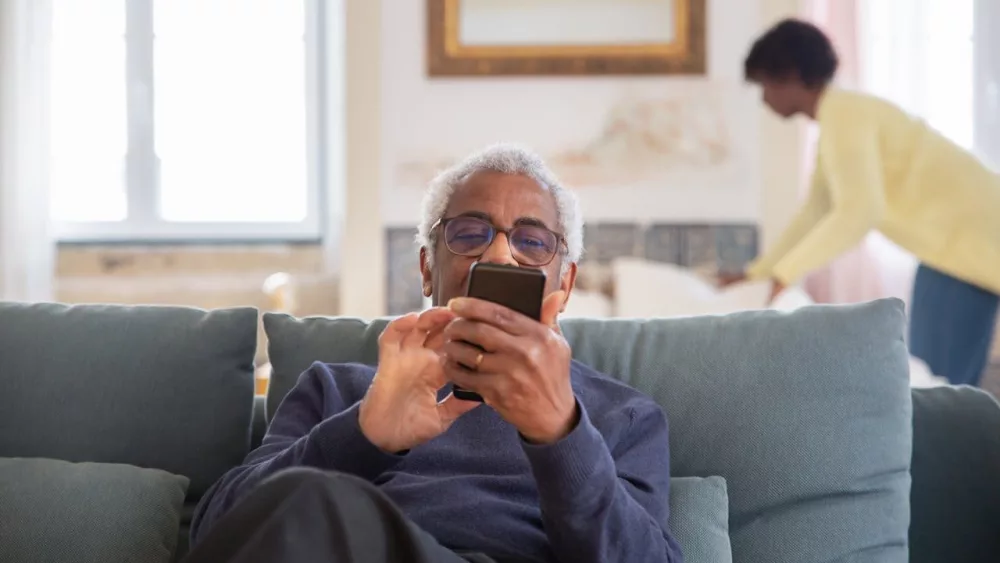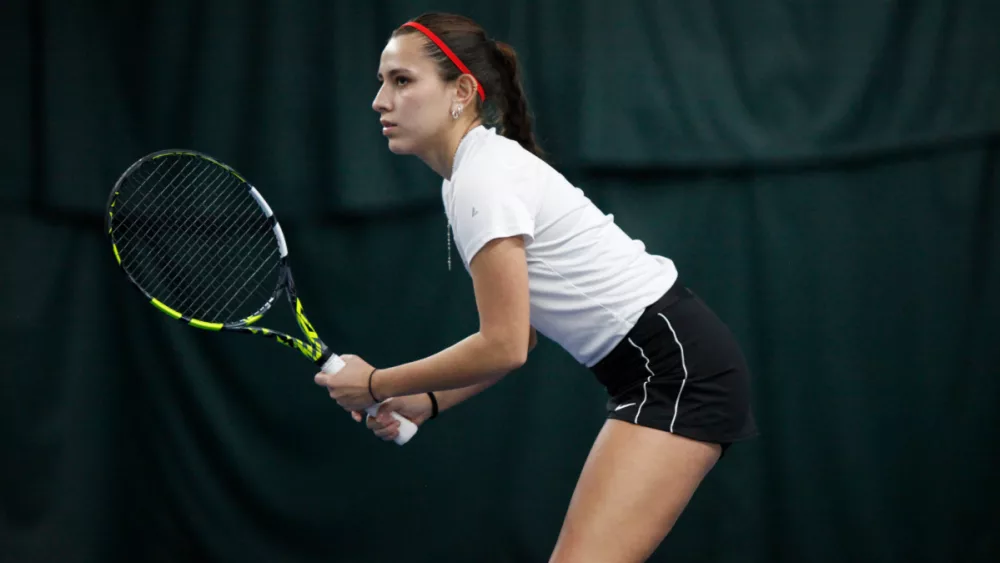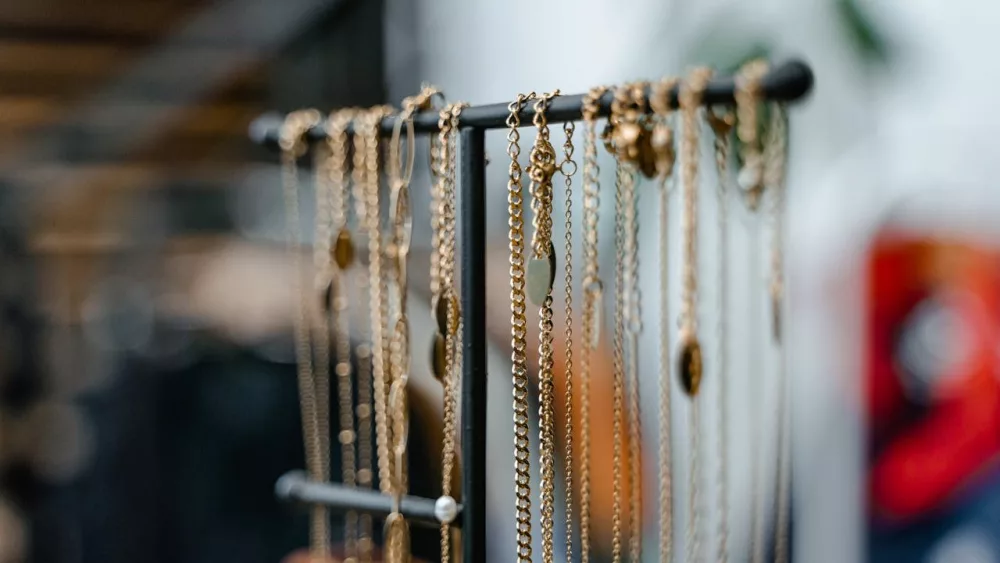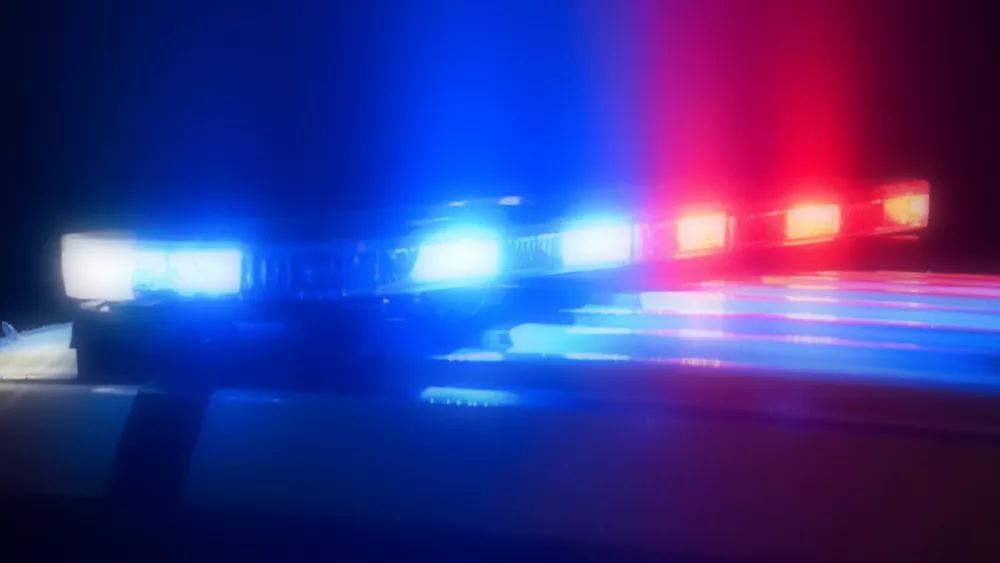It feels personal. The Black college students interviewed by Betty Wilson racially identified with unarmed Black victims of highly publicized police killings. In them, they saw their relatives, their friends — and themselves.
“Am I next?” one student asked, encapsulating the ongoing fear many expressed.
Wilson herself felt deep sadness in learning about the death of Michael Brown in Ferguson, Missouri in 2014 and saw similar reactions among her Black friends and family. It led her to turn her skills as a researcher to understanding the stress, trauma and grief these incidents have on Black college students.
“We found that Black students were being traumatized by police killings not because they happened one time, but students were constantly and chronically exposed to these incidents,” said Wilson, a Washington State University assistant professor in human development and affiliate faculty in the women’s, gender and sexuality studies program. “Even though incidents may die down in the media, students will still feel these effects long after others are done talking about them.”
Despite extensive media coverage of these killings often at the hands of white officers — including the deaths of Brown, Eric Garner, Breonna Taylor, George Floyd and many others — little research has been done on the mental health effects these incidents have on the Black community.
To help close that gap, Wilson led a qualitative study, published in the Journal of Human Behavior and the Social Environment, conducting in-depth interviews with 30 Black students at historically Black colleges and universities in 2020.
The findings have implications for students and universities across the U.S., including a need for culturally sensitive mental health care and simply space for Black students to discuss this violence.
The students in the study reported being inundated with information about police killings including unfiltered video on social media. Even if they tried to avoid it, they would still hear about it on the radio as they drove to work, in casual conversations, or in classrooms.
The experiences were made even more difficult when there was a lack of punishment of the perpetrators and when the students saw disparaging comments about the victims — making them feel like they had to defend their character.
Several participants called out the unjust cruelty of some of the deaths, such as the long ten minutes the officer kneeled on George Floyd’s neck. And their unpredictability — with Black people seemingly attacked during routine traffic stops, for being in the wrong place or wearing something others found suspicious.
Black people are three times more likely than white people to be killed by police in the U.S., according to statistics from Mapping Police Violence. The frequency of the incidents made the students feel helpless against the violence, as one expressed:
“The incidents happening back-to-back let me know that at the end of the day, no matter what degree I have to back my name up, no matter what kind of accolade, no matter what my profession is or what people know my character to be, I’m still seen as a target by the police…”
The killings also impacted how the students interacted with their friends and family. An incident would often prompt Black parents to give, or reiterate, “The Talk” — a common conversation given to Black children to be extra cautious when stopped by the police.
The students also recalled seeing their grandparents, many of whom lived through the Civil Rights era, react to the killings.
“These incidents evoked historical trauma that their grandparents may have never talked about,” Wilson said. “When they see a police killing on the news, it brings up these intergenerational conversations and visceral emotions that students may have never seen from a grandparent before.”
That effect goes back even further, given the long U.S. history of policing violence against Black people, Wilson added. In fact, historians consider “slave patrols,” created to capture and punish runaway slaves, as the first organized form of policing in the United States.
“There’s this historical lineage that comes with trauma when we see people who misuse authority and power not just during slavery but in the Jim Crow era, the Civil Rights era, and unfortunately, today,” said Wilson. “It’s not something that happened 400 years ago, and then now we have it today. It’s something that has been recurrent throughout time.”
The researchers call for changes in law enforcement to hold officers’ accountable for unjust violence against unarmed Black people. They also point to ways universities can support Black students.
The students in this study expressed appreciation for their predominantly Black campus communities — and Wilson said it may be particularly important for institutions like WSU that have smaller Black populations to create spaces where Black students can be around each other to talk about these traumatic events.
As a WSU researcher, Wilson plans to continue work in this under-studied area. She is currently investigating “racial battle fatigue” the weariness that comes from feeling the constant need to react to and protest against injustice. She also has an upcoming study that looks at the coping efforts of Black students.
“Some students are so resilient in the face of persistent adversity, but others are suppressing those emotions because they’re not sure what to do with them,” she said. “We need to be aware that students cope in different ways and some students might need a little more support.”




